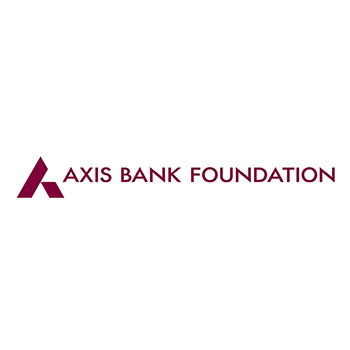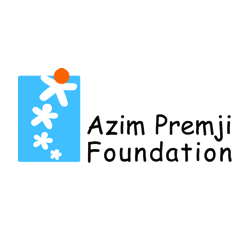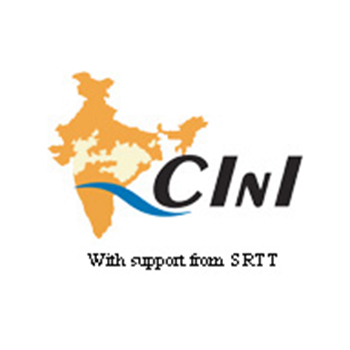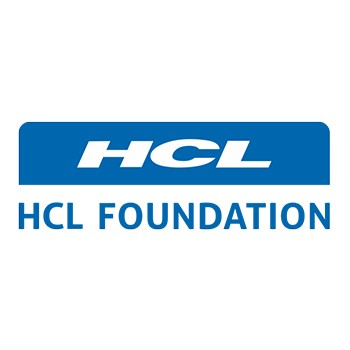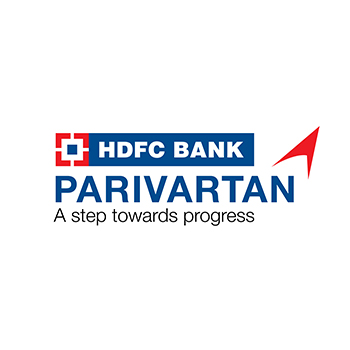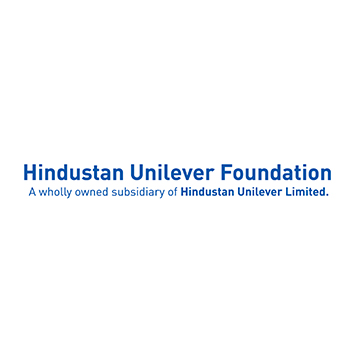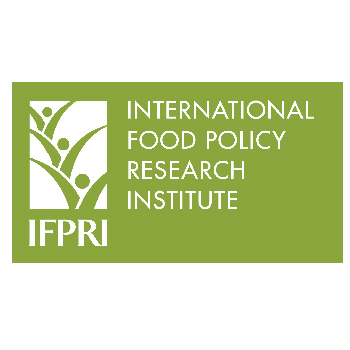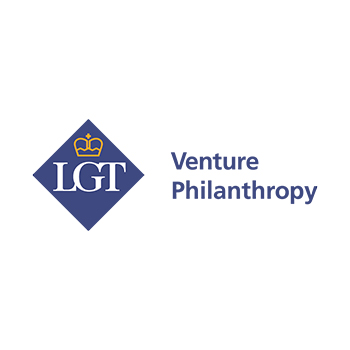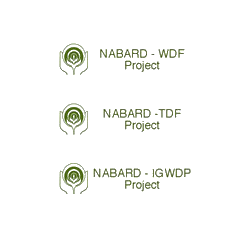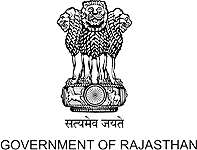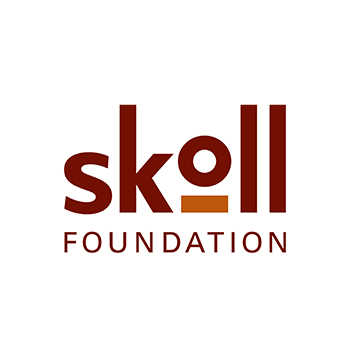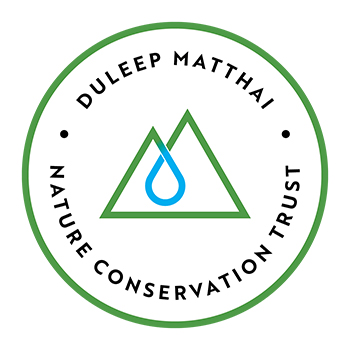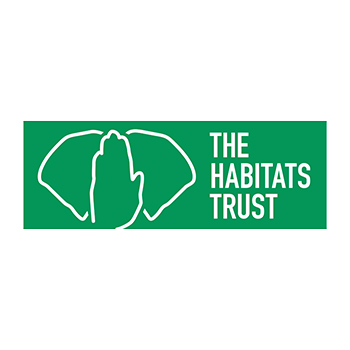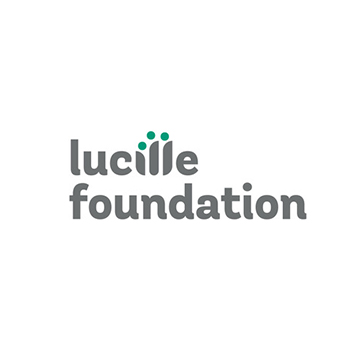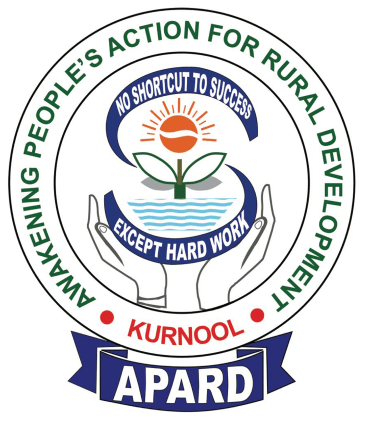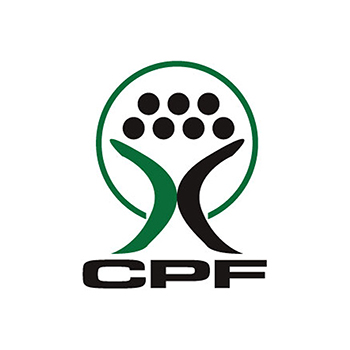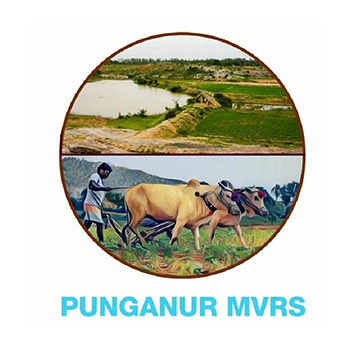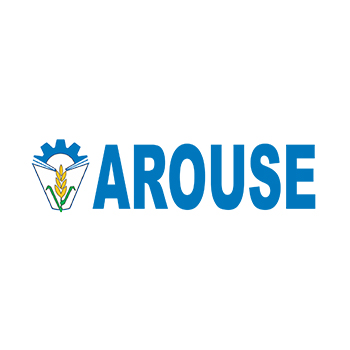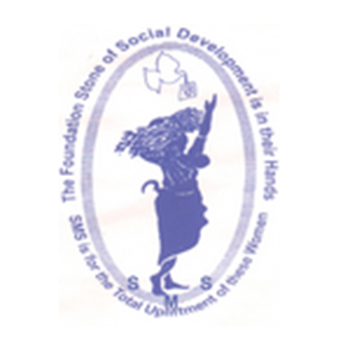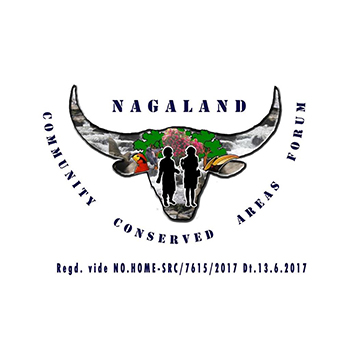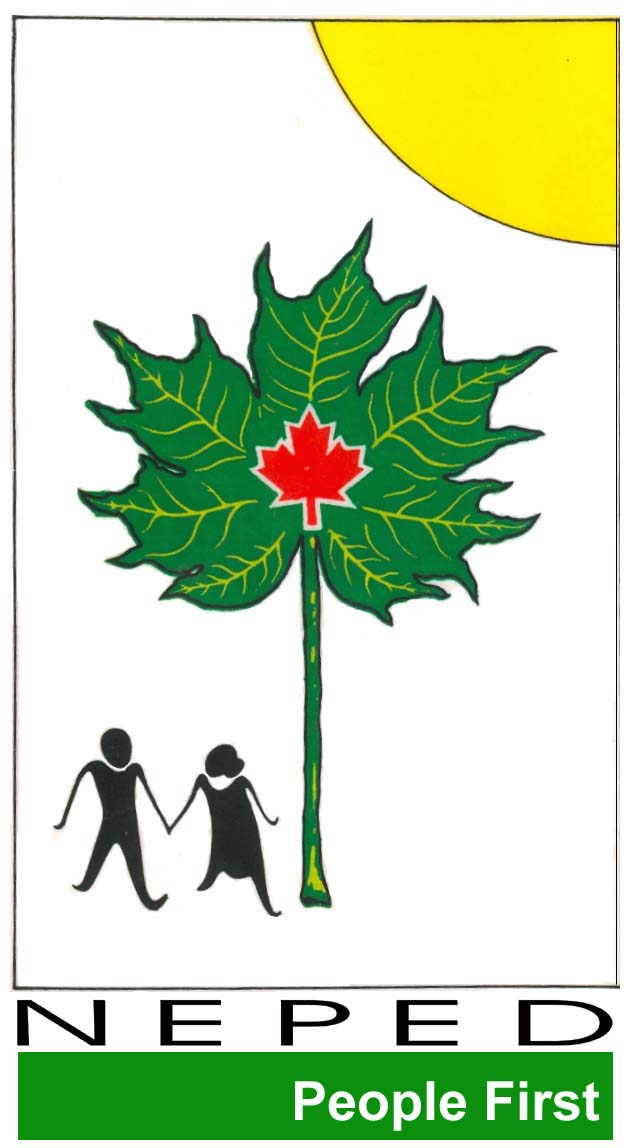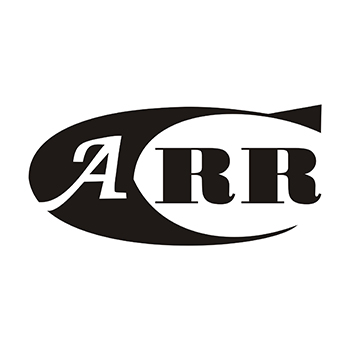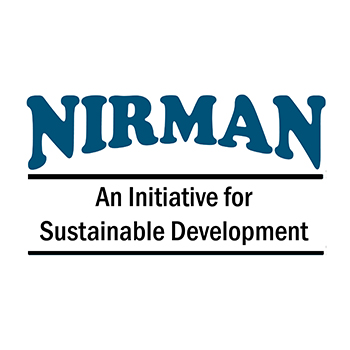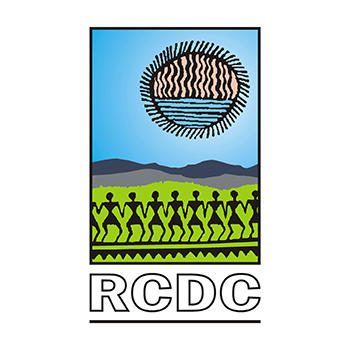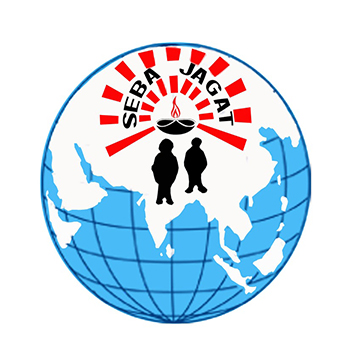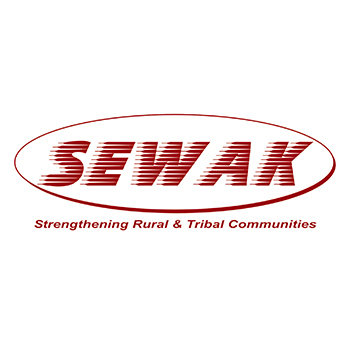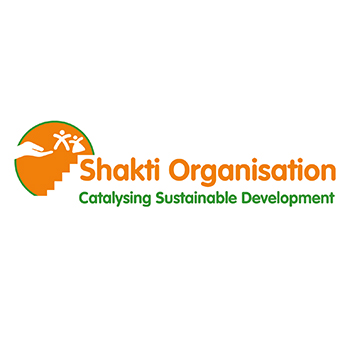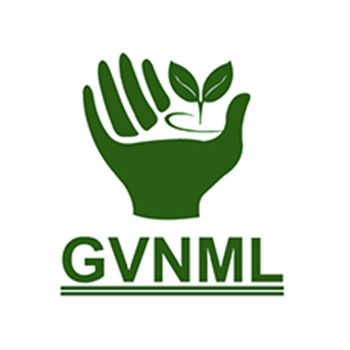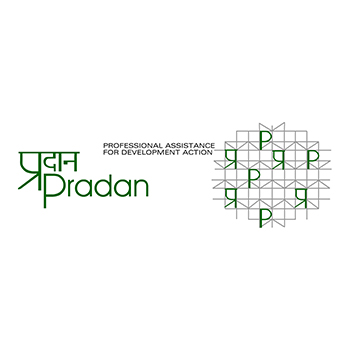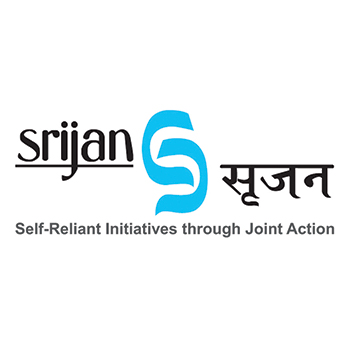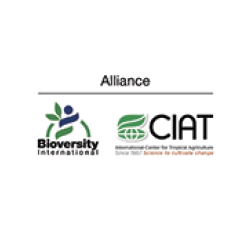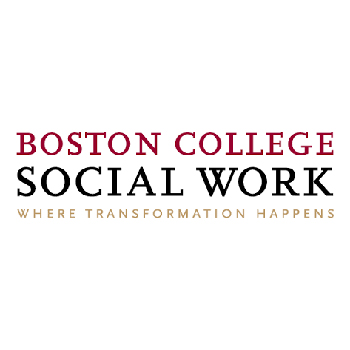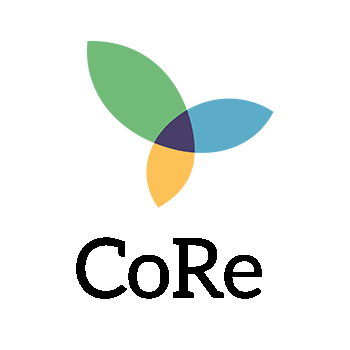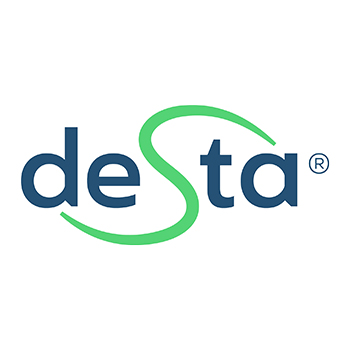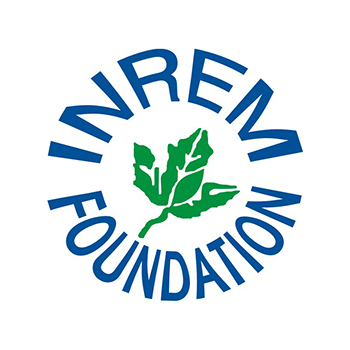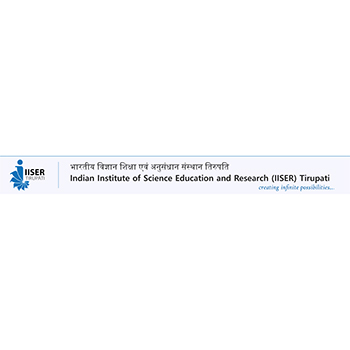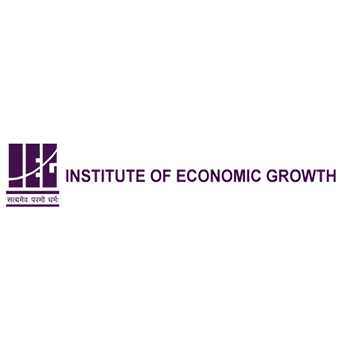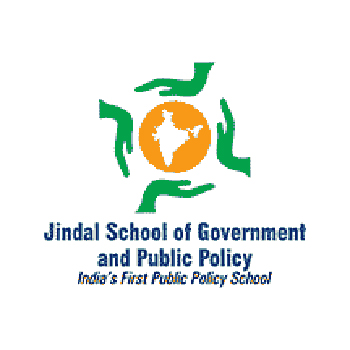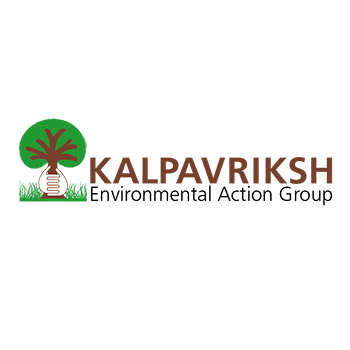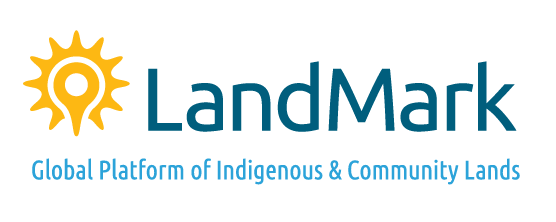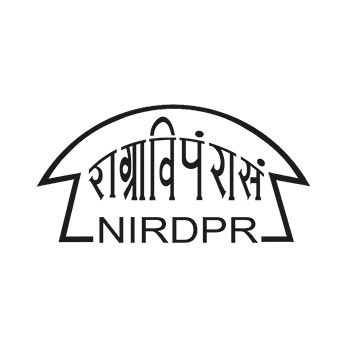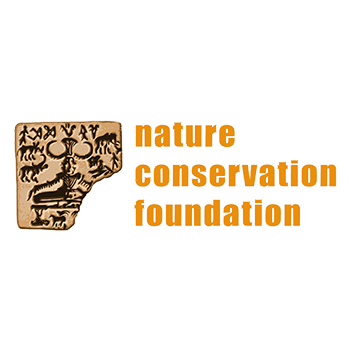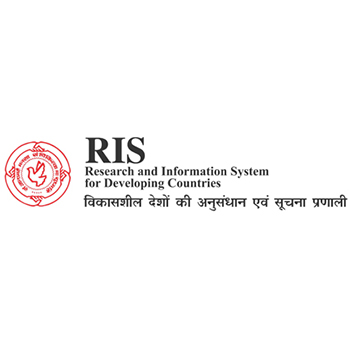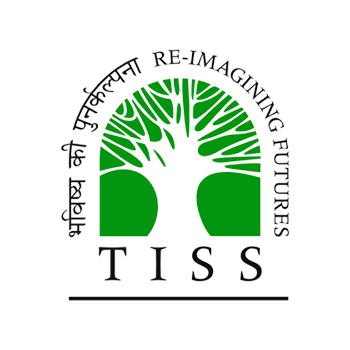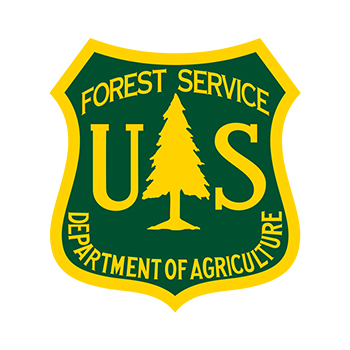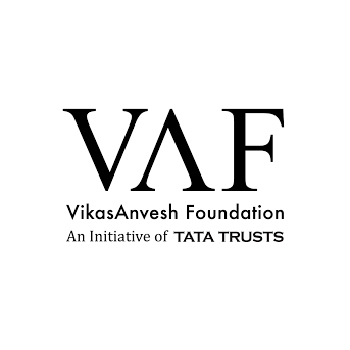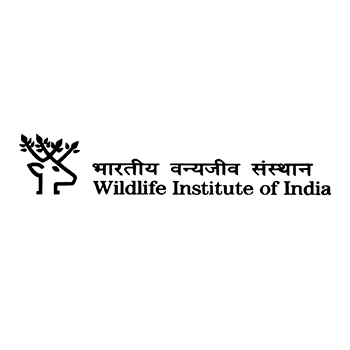The Community Conference on Commons 2024 is live! Click here to learn more.
The Promise of Commons is a collaborative initiative of community institutions, governments, NGOs, academia, media, and the private sector to address the interconnected issues of environmental health, and social and economic wellbeing in rural India.

Empower
people through improved access to data, knowledge and other learning assets

Enable
community-led governance of 205 million acres of India’s Commons

Embed
gender-inclusive systems for improved ecological, social and economic outcomes

Evolve
a responsive, distributed, and accountable ecosystem to positively impact 350 million people




Empower
people through improved access to data, knowledge and other learning assets




Enable
community-led governance of 205 million acres of India’s Commons




Embed
gender-inclusive systems for improved ecological, social and economic outcomes



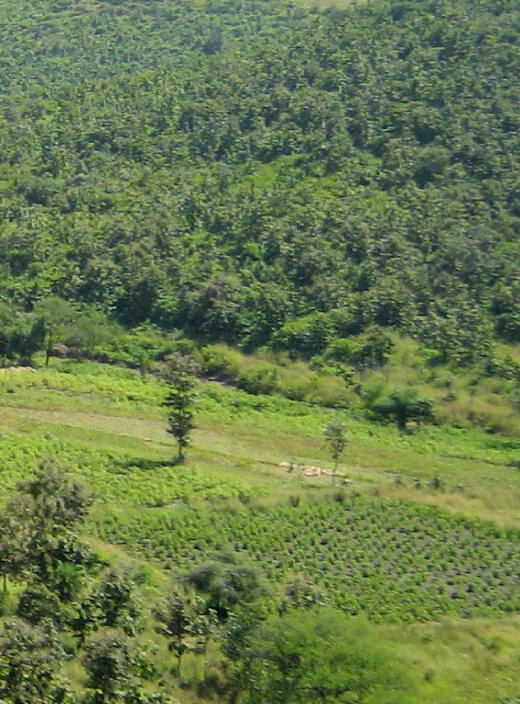
Evolve
a responsive, distributed, and accountable ecosystem to positively impact 350 million people
What is the “Promise of Commons”?
Our Goal
At the people level
Secure tenure over Commons
Secure rights over Commons is foundational to improving the lives and dignity of millions of rural people dependent on these resource systems.
It provides an incentive to make long-term investments in Commons and thereby reap ecological and economic benefits.
Voice, agency & power of communities to govern Commons
The restored voice, agency and power of communities, particularly women and the disadvantaged, is critical to address deep systemic inequalities and power imbalances.
It can effectively enhance solidarity, restore pride and confidence in their stewardship abilities, and provide incentives for change that endures.
Resilient livelihoods of rural women & men communities to govern Commons
Livelihood resilience provides adequate incentives for rural communities to sustain their conservation and management efforts.
It brings in vibrancy by opening avenues for economic enterprises that will draw in youth, new technology and investments, to build a modern rural economy with a strong ecological foundation.
At the system level
Convergence in planning and action
When people work together and draw on each other’s strengths, individuals and systems as a whole can benefit and thrive.
Structured and inclusive spaces for dialogue and deliberation at different levels can enable common agenda setting, and catalyse more democratic, gender-inclusive planning and implementation, responding to community priorities.
Enhanced implementation capacity
When communities, governments and civil society actors at multiple levels have access to and use data, gender-inclusive tools, technologies, and learning assets, it enables them to make informed decisions, improve service delivery and better target investments to secure and restore Commons.
Public and policy support for Commons
When evidences for the Promise of Commons for Nature and People are linked to and embedded within existing priorities, it increases policy and programmatic investments on Commons.
It builds positive narratives around community stewardship, challenges dominant mindsets that see Commons as wastelands, and enables long lasting action on ground.
Accountability and compliance
When community coalitions, legal aid networks and governments access and use data and information systems, it increases transparency and makes actors more responsible and accountable to communities.
It also increases compliance with existing laws and rights governing Commons, and reinforces community voices, especially of women and the disadvantaged in the governance of Commons.
Progress Indicators
as on March 2025
17
MILLION ACRES
of Commons under community governance
By 2027, the initiative will reach
30
MILLION ACRES
30
MILLION ACRES
63,378
VILLAGES
actively and inclusively managing Commons
By 2027, the initiative will reach
130,000
VILLAGES
130,000
VILLAGES
11,009
WOMEN
LEADERS
having the voice, agency and power in the management and governance of Commons
By 2027, the initiative will reach
30,000
WOMEN LEADERS
By 2027, the initiative will reach
30,000
WOMEN LEADERS
7
MILLION PEOPLE
benefitting from improvement in incomes
By 2027, the initiative will reach
11
MILLION PEOPLE
11
MILLION PEOPLE
70,257
VILLAGES
using data, tools and technology for improved delivery of Commons-related initiatives
By 2027, the initiative will reach
100,000
VILLAGES
100,000
VILLAGES
USD 112 MILLION
PUBLIC INVESTMENT
influenced for Commons-related initiatives
By 2027, the initiative will reach
USD 1000
MILLION
USD 1000
MILLION
What are Commons?
Explore

Why are Commons neglected or abandoned?
Explore

Share with us the state of Commons in your region.
WE’D REALLY LIKE TO KNOW

















